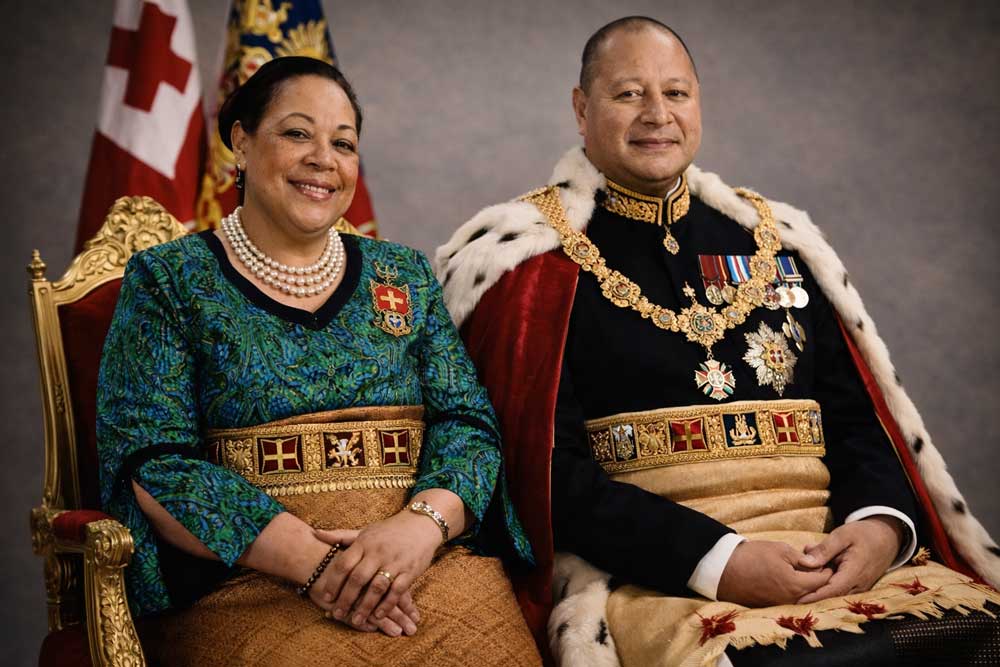Bali's Dilemma: The 'Instagrammable' Paradise Meets Harsh Reality
Bali, Indonesia's famed tropical paradise, has charmed plenty of tourists over the years. But its rising fame has also led to disillusionment for many, as they encounter a reality far from the idyllic scenes promoted on social media.
A notable case is that of Zoe Rae, who voiced her disappointment in a YouTube video after her arrival. Since landing in Bali, something for us has just not felt quite right, she lamented, highlighting the stark contrast between what she expected from social media posts and what she actually experienced. Her reflections have sparked discussions about the oft-ignored realities of Bali.
Tourists post numerous 'expectation vs. reality' comparisons, illustrating the struggles behind the social media façade. Popular scenes, like diners enjoying sunsets, are juxtaposed with trash-laden paths, creating a narrative that the digital dream doesn’t align with the physical experience.
As tourism continues to rise—soaring from 3.8 million visitors in 2014 to a projected 7 million—issues such as traffic congestion and environmental degradation have become pervasive. Overcrowded beaches and a heavy tourist presence overshadow the island’s rich cultural heritage. Local experts argue that the pressures of unchecked growth jeopardize both the environment and the cultural identity of Bali.
In a recent tragic event, rare floods claimed lives, attributing the catastrophe partially to poor urban planning and waste management. This catastrophic situation prompted local authorities to impose restrictions on new constructions to combat the environmental crisis.
Despite the challenges, some locals advocate for sustainable development initiatives aimed at preserving Bali's natural beauty. Activists and businesses are rallying for better waste management and responsible tourism practices, while the government has initiated bans on single-use plastics and is tightening regulations to foster a more sustainable tourist industry.
While Bali's picturesque allure persists, locals are re-evaluating the impact of tourism on their culture and environment. Conversations about balancing the needs of tourists with the sustainability of the island reflect a broader narrative of struggle and hope in this tropical paradise.





















